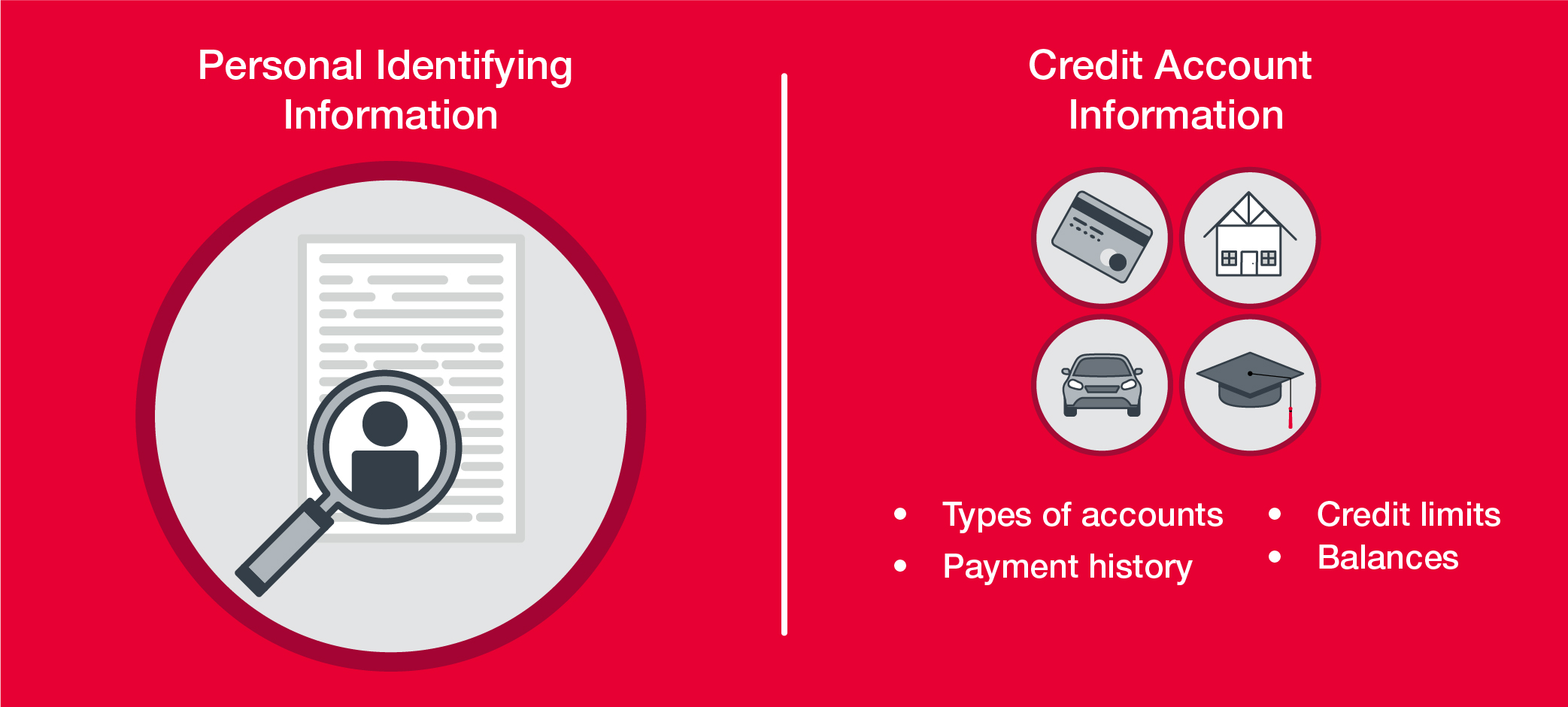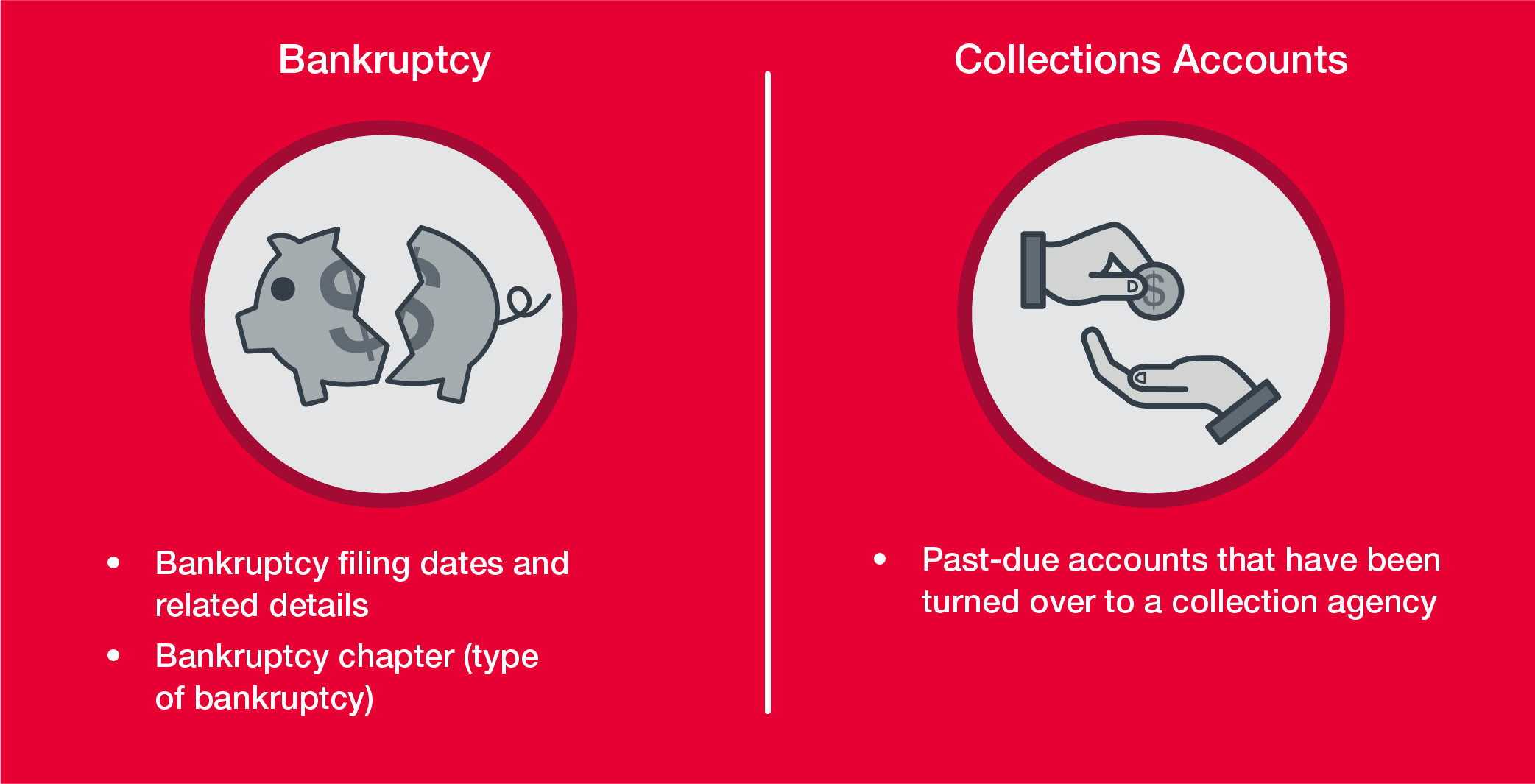
To get your credit file click hear
What is a Credit File and What Does it Include?
Highlights:
- Credit files or report is a summary of how you have handled your credit accounts
- Credit Files are used by potential lenders and creditors to help them decide whether to offer you credit
- It’s important to check your credit files regularly to ensure the information is accurate and complete
What is a Credit Report
A credit report is a summary of how you have handled credit accounts, including the types of accounts and your payment history, as well as certain other information that’s reported to credit bureaus by your lenders and creditors.
Potential creditors and lenders use credit reports as part of their decision-making process to decide whether to extend you credit and at what terms.
Others, such as potential employers or landlords, may also access your credit reports to help them decide whether to offer you a job or a lease.
Your credit reports may also be reviewed for insurance purposes or if you’re applying for services such as phone, utilities or a mobile phone contract.
For these reasons, it’s important to check your credit reports regularly to ensure the information in them is accurate and complete.
Your Check My File credit report contains the following types of information:

- Identifying information
This section of your Check My File credit report includes personal information, such as your name, address, and date of birth. The identifying information contained in your Check My File credit report is not used to calculate credit scores.
- Credit account information
This information is reported to Check My File by your lenders and creditors and includes the types of accounts (for example, a credit card, mortgage, student loan, or vehicle loan), the date those accounts were opened, your credit limit or loan amount, account balances, and your payment history.
It may not contain all your credit accounts for several reasons, such as closed accounts that have dropped off your report after a certain period of time, or accounts not reported to Check My File by lenders.
- Inquiry information
In Credit Files there are two types of inquiries: “soft” and “hard.”
“Soft” inquiries may result from your checking your own credit reports, companies extending you pre-approved offers of credit or insurance, or your current lenders and creditors conducting periodic reviews of your accounts (known as “account reviews.”)
Soft inquiries do not impact credit scores. Regularly checking your credit reports can help you monitor your credit accounts and enable you to recognize inaccurate or incomplete information, or suspicious activity that may signal potential identity theft.
“Hard” inquiries occur when companies or individuals, such as a credit card company or loan servicer, review your credit report because you have applied for credit or a service – for example, a new loan, a credit card, or a mobile phone contract.
Hard inquiries remain on your Check My File credit report for up to two years and may negatively impact credit scores, although the impact may lessen with time.

- Bankruptcies
Your Check My File credit report contains information about bankruptcy public records and related details such as the filing date and chapter (type of bankruptcy).
- Collections accounts
This includes past-due accounts that have been turned over to a collection agency. These can include your credit accounts as well as accounts with doctors, hospitals, banks, retail stores, cable companies or mobile phone providers.
You may also want to check your Check My File credit report if you’re planning a big purchase, such as a mortgage . Doing so can help you understand what lenders and creditors may see when you apply for credit.

On clicking the third-party website links, you will leave the regulated site of Missing Element Mortgage Services Ltd. Neither Missing Element Mortgage Services Ltd, nor Sesame Ltd, is responsible for the accuracy of the information contained within the linked site.
